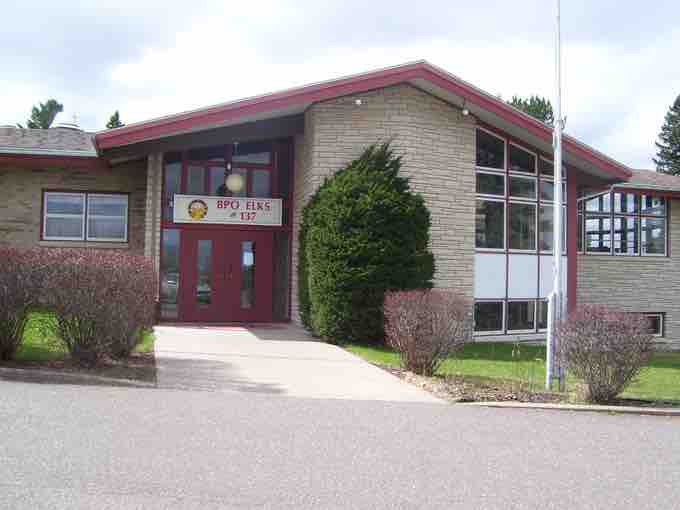Civil society is the arena outside of the family, the state, and the market where people associate to advance common interests. It is sometimes considered to include the family and the private sphere and then referred to as the third sector of society, distinct from government and business. Dictionary.com's 21st Century Lexicon defines civil society as 1) the aggregate of non-governmental organizations and institutions that manifest interests and will of citizens, or 2) individuals and organizations in a society which are independent of the government. Sometimes the term is used in the more general sense of "the elements such as freedom of speech, an independent judiciary, etc, that make up a democratic society. "
Civil Society and Democratic Political Society
The literature on relations between civil society and democratic political society have their roots in early liberal writings like those of Alexis de Tocqueville. However, they were developed in significant ways by 20th century theorists like Gabriel Almond and Sidney Verba, who identified the role of political culture in a democratic order as vital. They argued that the political element of many voluntary organizations facilitates better awareness and a more informed citizenry, who make better voting choices, participate in politics, and hold government more accountable as a result. The statutes of these organizations have often been considered micro-constitutions because they accustom participants to the formalities of democratic decision making.
More recently, Robert D. Putnam has argued that even non-political organizations in civil society are vital for democracy. This is because they build social capital, trust, and shared values, which are transferred into the political sphere and help to hold society together, facilitating an understanding of the interconnectedness of society, and interests within it.
Others, however, have questioned how democratic civil society actually is. Some have noted that the civil society actors have now obtained a remarkable amount of political power without anyone directly electing or appointing them. It has also been argued that civil society is biased towards the global north. Partha Chatterjee has argued that, in most of the world, "civil society is demographically limited. " For Jai Sen, civil society is a neo-colonial project driven by global elites in their own interests. Finally, other scholars have argued that, since the concept of civil society is closely related to democracy and representation, it should in turn be linked with ideas of nationality and nationalism.
The Public Sphere
The public sphere is an area in social life where individuals can come together to freely discuss and identify societal problems, and through that discussion influence political action. It is "a discursive space in which individuals and groups congregate to discuss matters of mutual interest and, where possible, to reach a common judgment. " The public sphere can be seen as "a theater in modern societies in which political participation is enacted through the medium of talk" and "a realm of social life in which public opinion can be formed. "
The public sphere mediates between the private sphere and the Sphere of Public Authority, "The private sphere comprised civil society in the narrower sense, that is to say, the realm of commodity exchange and of social labor. " Whereas the Sphere of Public Authority dealt with the state, or realm of the police and the ruling class, the public sphere crossed over both these realms and "through the vehicle of public opinion it put the state in touch with the needs of society. " "This area is conceptually distinct from the state: it [is] a site for the production and circulation of discourses that can in principle be critical of the state. " The public sphere "is also distinct from the official economy; it is not an arena of market relations but rather one of discursive relations, a theater for debating and deliberating rather than for buying and selling. " These distinctions between "state apparatuses, economic markets, and democratic associations...are essential to democratic theory. " The people themselves came to see the public sphere as a regulatory institution against the authority of the state. The study of the public sphere centers on the idea of participatory democracy, and how public opinion becomes political action.
The basic belief in public sphere theory is that political action is steered by the public sphere and that the only legitimate governments are those that listen to the public sphere. "Democratic governance rests on the capacity of and opportunity for citizens to engage in enlightened debate. " Much of the debate over the public sphere involves what is the basic theoretical structure of the public sphere, how information is deliberated in the public sphere, and what influence the public sphere has over society.

Elks Lodge in Ashland, Wisconsin
Voluntary associations, such as Elks Clubs, make up the public sphere.